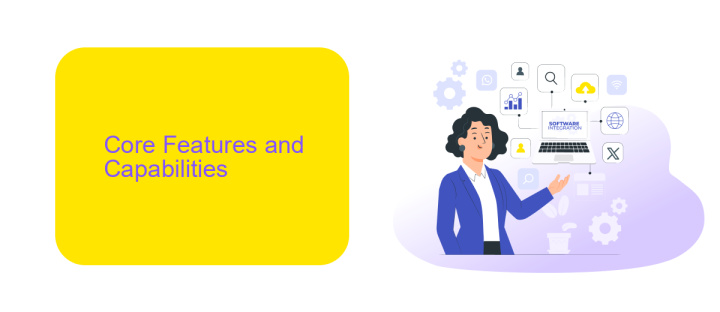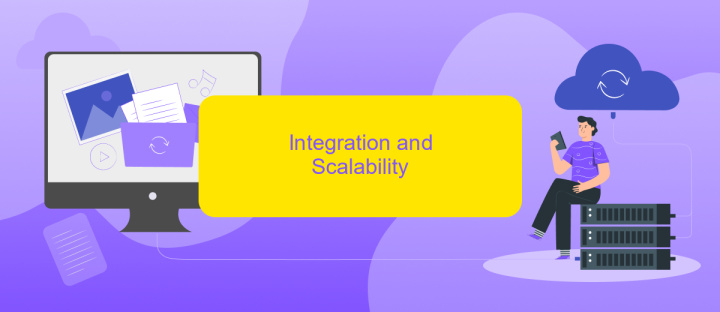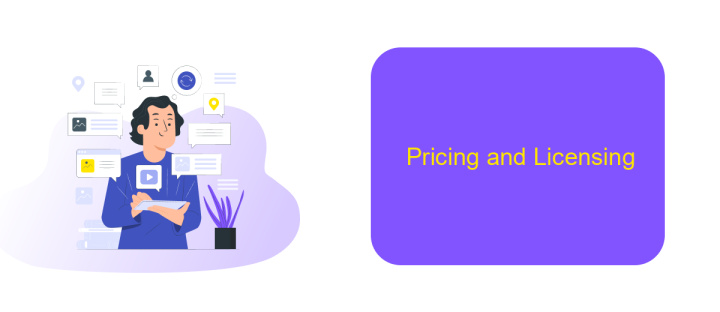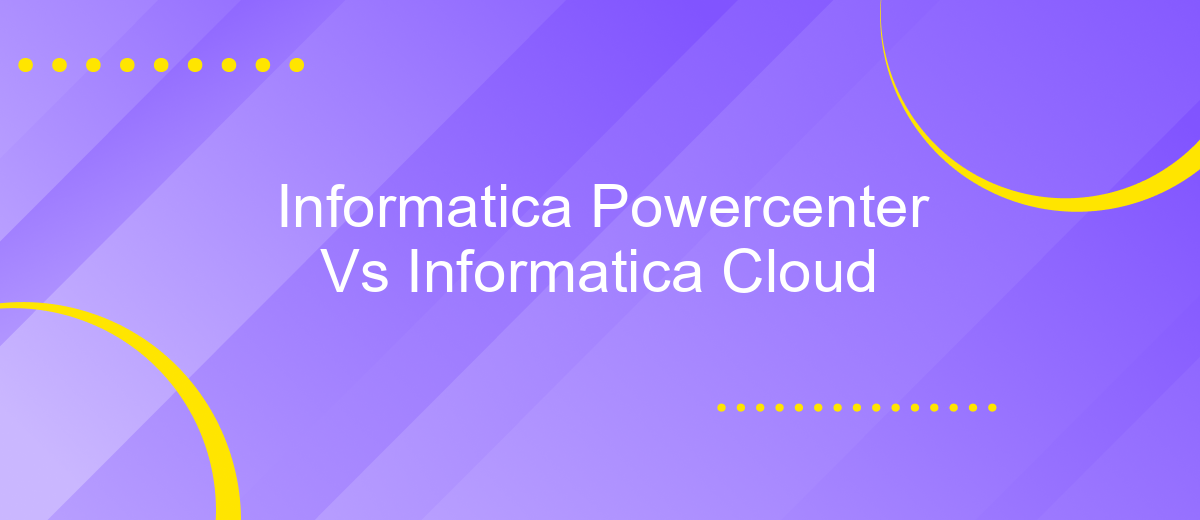Informatica Powercenter Vs Informatica Cloud
Informatica PowerCenter and Informatica Cloud are two powerful data integration tools designed to meet diverse business needs. While PowerCenter excels in on-premise data management with robust ETL capabilities, Informatica Cloud offers flexible, scalable cloud-based solutions. This article compares their features, performance, and use cases to help you determine the best fit for your organization's data integration requirements.
Introduction
Informatica PowerCenter and Informatica Cloud are two powerful tools designed to help organizations manage their data integration needs. Both platforms offer robust features, but they cater to different use cases and environments. Understanding the key differences between these two solutions can help businesses make informed decisions about which tool best suits their needs.
- PowerCenter: Ideal for on-premises data integration with extensive customization options.
- Informatica Cloud: Best for cloud-based data integration, offering flexibility and scalability.
- ApiX-Drive: A versatile service for setting up integrations, enhancing both PowerCenter and Cloud capabilities.
Choosing between Informatica PowerCenter and Informatica Cloud depends on various factors, including the organization's infrastructure, data volume, and integration requirements. While PowerCenter excels in complex, on-premises environments, Informatica Cloud is perfect for modern, cloud-based ecosystems. Additionally, tools like ApiX-Drive can further streamline the integration process, making it easier to connect various applications and services seamlessly.
Core Features and Capabilities

Informatica PowerCenter is renowned for its robust ETL (Extract, Transform, Load) capabilities, making it a preferred choice for on-premise data integration. It offers extensive support for data warehousing, data migration, and data governance. PowerCenter's core features include comprehensive data transformation tools, metadata management, and advanced data profiling. Additionally, it provides high scalability and performance optimization, enabling organizations to handle large volumes of data efficiently. Its ability to integrate with various databases and applications ensures seamless data flow across the enterprise.
In contrast, Informatica Cloud focuses on delivering cloud-based data integration solutions. It simplifies the integration process with pre-built connectors for various cloud applications and platforms. Informatica Cloud's core capabilities include real-time data synchronization, automated workflows, and user-friendly interfaces for easy configuration. It supports hybrid environments, allowing businesses to integrate both on-premise and cloud data sources. Services like ApiX-Drive can further enhance these integrations by offering automated workflows and seamless data transfer between different systems, ensuring that organizations can maintain data consistency and accuracy across all platforms.
Integration and Scalability

When it comes to integration and scalability, both Informatica PowerCenter and Informatica Cloud offer robust solutions. However, there are distinct differences that can influence your choice depending on your specific needs and infrastructure.
- Integration Capabilities: Informatica PowerCenter excels in on-premise data integration with a wide range of connectors and transformation options. Informatica Cloud, on the other hand, is designed for cloud-based integrations, offering seamless connectivity with SaaS applications and cloud services.
- Scalability: PowerCenter provides enterprise-level scalability for large volumes of data and complex workflows, making it ideal for large organizations with substantial data processing needs. Informatica Cloud offers elastic scalability, allowing businesses to scale up or down based on demand, which is perfect for growing businesses and dynamic workloads.
- Ease of Use: Informatica Cloud provides a more user-friendly, web-based interface, which simplifies the setup and management of integrations. Additionally, services like ApiX-Drive can further streamline the integration process by automating data flows between various cloud applications without requiring extensive technical knowledge.
In conclusion, the choice between Informatica PowerCenter and Informatica Cloud largely depends on your organization's data integration requirements and scalability needs. While PowerCenter is suitable for complex, large-scale, on-premise environments, Informatica Cloud offers flexibility and ease of use for cloud-based integrations, with additional tools like ApiX-Drive enhancing its capabilities.
Pricing and Licensing

When it comes to pricing and licensing, Informatica PowerCenter and Informatica Cloud offer distinct models tailored to different organizational needs. Informatica PowerCenter typically follows a traditional licensing model, which can be more costly upfront but may provide long-term value for enterprises requiring extensive on-premise data integration capabilities.
In contrast, Informatica Cloud operates on a subscription-based pricing model, which can be more flexible and scalable. This model is particularly advantageous for organizations looking to manage costs while scaling their data integration needs in a cloud environment. Additionally, Informatica Cloud offers various tiers and packages, allowing businesses to choose the most suitable option based on their specific requirements.
- Informatica PowerCenter: traditional licensing, higher upfront costs, on-premise deployment.
- Informatica Cloud: subscription-based, flexible pricing, cloud deployment.
For organizations seeking to streamline their integration processes, third-party services like ApiX-Drive can offer additional support. ApiX-Drive provides seamless integration solutions, enabling businesses to connect various applications and automate workflows without extensive technical expertise. This can complement both Informatica PowerCenter and Informatica Cloud, enhancing overall efficiency and reducing operational costs.
Use Cases and Industry Applications
Informatica PowerCenter is widely used in large enterprises for on-premises data integration and ETL (Extract, Transform, Load) processes. It excels in handling complex data workflows, making it ideal for industries such as finance, healthcare, and retail, where data accuracy and compliance are critical. PowerCenter supports extensive data transformation capabilities and can manage vast amounts of data from various sources, ensuring that businesses can maintain high data quality and consistency.
Informatica Cloud, on the other hand, is designed for cloud-based data integration and is well-suited for businesses looking to leverage cloud infrastructure. It is particularly beneficial for industries that require agile and scalable solutions, such as technology startups and e-commerce platforms. Informatica Cloud simplifies the integration process with pre-built connectors and templates, and services like ApiX-Drive can further streamline these integrations by automating data workflows between different cloud applications, enhancing operational efficiency and reducing manual intervention.


FAQ
What is the primary difference between Informatica PowerCenter and Informatica Cloud?
Can Informatica Cloud handle real-time data integration?
Which platform is more cost-effective for small to medium-sized businesses?
Is it possible to migrate from Informatica PowerCenter to Informatica Cloud?
What options are available for automating and configuring integrations in both platforms?
Time is the most valuable resource for business today. Almost half of it is wasted on routine tasks. Your employees are constantly forced to perform monotonous tasks that are difficult to classify as important and specialized. You can leave everything as it is by hiring additional employees, or you can automate most of the business processes using the ApiX-Drive online connector to get rid of unnecessary time and money expenses once and for all. The choice is yours!

